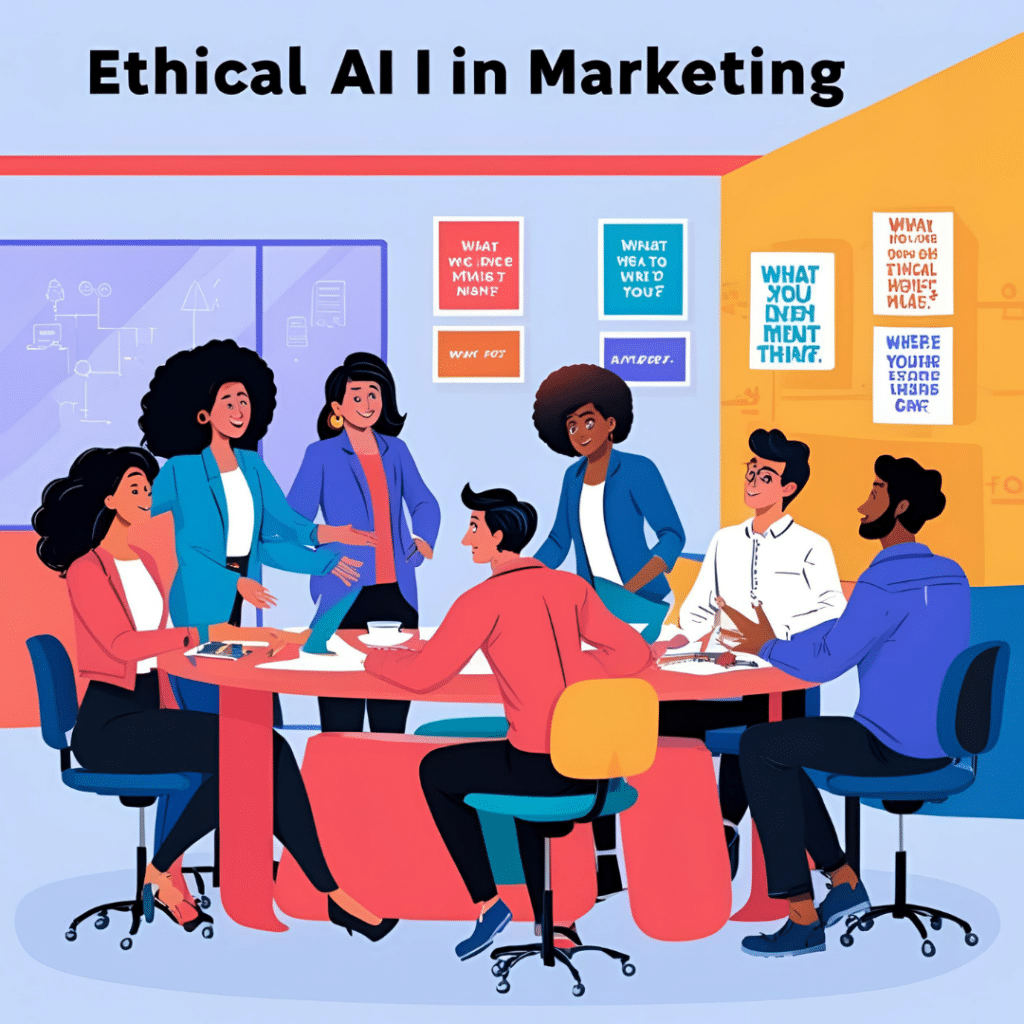The Rise of AI in M&A
In recent years, AI in M&A has emerged as a powerful tool that is reshaping the deal-making landscape. Forbes highlights the transformative potential of AI in identifying deal opportunities and streamlining processes. Consequently, businesses are increasingly adopting AI to enhance their M&A strategies.
Efficiency and Speed
One significant advantage of AI in M&A is its ability to increase efficiency. McKinsey notes that AI algorithms can analyze vast datasets quickly. Therefore, companies can make decisions faster than ever before. This speed gives businesses a competitive edge.
Data Analysis and Insight Generation
Moreover, AI tools excel at sifting through complex data to uncover insights. For instance, machine learning models can predict market trends and evaluate potential risks with ease. As a result, decision-makers can make informed choices based on reliable data.
Enhanced Due Diligence
Furthermore, AI significantly improves due diligence processes. Typically, due diligence is time-consuming and intricate. However, AI automates these tasks, ensuring thoroughness and accuracy. According to Deloitte, this leads to better valuations and risk assessments, which enhance the overall quality of M&A deals.
Automation and Simplification
Additionally, AI-driven systems automate mundane tasks, allowing human experts to focus on strategic aspects. Similarly, Harvard Business Review points out that automation helps simplify complex procedures, making M&A processes more manageable and reducing the likelihood of errors.
Challenges and Considerations
Nonetheless, integrating AI into M&A is not without challenges. A proper understanding of the technology is crucial. Companies must invest in skilled personnel to harness AI effectively. In contrast, overlooking these aspects could impede successful implementation.
Ethical and Legal Implications
Moreover, AI into M&A comes with ethical and legal implications. Governance policies must be updated to address AI’s role. According to Gartner, companies must ensure compliance and maintain transparency during AI-driven decision-making processes.
The Future of AI in M&A
Looking ahead, the future of AI into M&A appears promising. As technology evolves, AI will revolutionize deal-making further. Ultimately, embracing AI will not only streamline processes but also unlock new opportunities for growth and innovation. Therefore, businesses that adopt AI early will likely reap significant benefits.
In Conclusion
In summary, AI is transforming the M&A landscape. It offers unprecedented efficiency, insightful data analysis, and enhanced due diligence. Nevertheless, understanding the technology and addressing associated challenges is critical. By integrating AI thoughtfully, companies can ensure success in the ever-evolving world of mergers and acquisitions.



